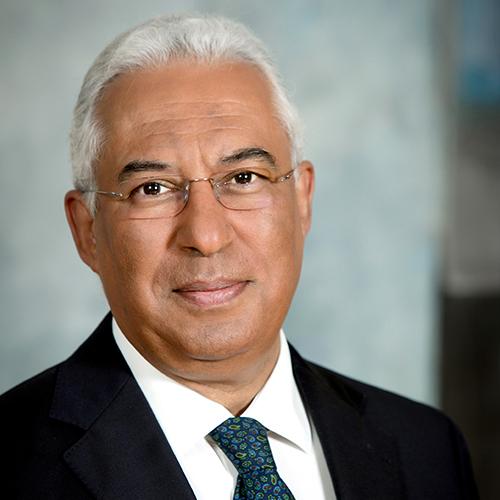Brussels (CHATNEWSTV) – Former Portuguese Prime Minister and new European Council President, António Costa delivered an impassioned address to the European Economic and Social Committee (EESC) on Wednesday, calling for a renewed commitment to shared prosperity and competitiveness across the European Union.
“The European model is unique,” Costa said, emphasizing the role of social dialogue as the cornerstone of EU integration. “Social dialogue is what makes us different. It enables us to find sustainable solutions, connecting with citizens at a time when it is more important than ever to do so.”
Costa outlined key challenges facing the EU, from achieving climate neutrality to enhancing the bloc’s competitiveness in a rapidly evolving global economy. He stressed that engaging all sectors of society—workers, employers, civil society, and youth—is essential to tackling these issues effectively.
Describing the Single Market as “our crown jewel,” Costa highlighted its untapped potential to drive growth.
“Whenever we face the need to renew our competitiveness and prosperity, there is no getting around the power of the Single Market,” he said, calling for greater cross-border cooperation for small businesses, services, and capital.
Costa also endorsed the need for productivity growth, citing former Italian leaders Enrico Letta and Mario Draghi. “If we do not increase productivity, we will not lead in technology or the fight against climate change, nor preserve our autonomy on the world stage,” Costa warned.
He proposed a “compass” to prioritize and remove barriers to growth, paired with targeted investments in innovation and skills development. “Investment in skills must be at the heart of our strategy,” Costa said, emphasizing the importance of a highly trained workforce for sustaining Europe’s competitive edge.
Costa also underscored the importance of balancing competitiveness with social rights, calling it the foundation of the EU’s social market economy. He praised initiatives like the EESC’s “Youth Test” for incorporating young voices into policymaking, noting that today’s generation faces unprecedented challenges, including housing crises and economic uncertainty.
“We need to renew and reinforce the social contract,” Costa said.
“Skills are the best illustration of how social policies help competitiveness. Investment in jobs, education, and social safety nets is critical.”
Turning to external relations, Costa advocated for an acceleration of trade negotiations to strengthen the EU’s global network. “Trade allows us to access inputs for green and digital industries, making us more resilient,” he said.
Costa urged European leaders to avoid unnecessary conflicts with global partners and focus on collective action.
“Let us concentrate on what we can do for growth, jobs, and a Social Europe,” he concluded.
The address was met with widespread approval from EESC delegates, who lauded Costa’s vision for a balanced and inclusive European future.
By Gabriel Ani
